Theresa May could trigger Brexit process by Tuesday
UK Prime Minister Theresa May could begin the formal process for exiting the European Union by triggering Article 50 of the Lisbon Treaty as early as Tuesday, according to officials in London and Brussels.
May had pledged to trigger Article 50 by the end of March, which leaves less than three weeks to begin the Brexit process.
One UK government official involved in the Brexit discussions said the process could begin on Tuesday when May is due to address the House of Commons in Parliament, but would certainly start by the end of the week.
The EU (Notification of Withdrawal) Bill is set to be debated by lawmakers in the Commons on Monday, when they will decide whether to accept two amendments added to the bill by the House of Lords.
One of the amendments added by the House of Lords would force Downing Street to give lawmakers a “meaningful vote” on the final Brexit agreement before Britain leaves the bloc.
The other amendment requires London to guarantee the rights of EU citizens living in the UK following a Brexit.
EU leaders warned they expected the exit talks to be complex.
Belgium’s Prime Minister Charles Michel (pictured below) said that “there will be difficult discussions on all subjects but also on the financial aspects” of Britain’s departure. “The British did not make a good choice.”

European Council President Donald Tusk said that other European capitals would be ready to issue draft “guidelines” for negotiations within 48 hours.
European Commission President Jean-Claude Juncker said he hoped that Britain’s referendum to leave the EU could one day be reversed.
In a landmark referendum held on June 23, nearly 52 percent of British voters, amounting to more than 17 million citizens, opted to leave the EU, a decision that sent shock waves throughout the world.
Those in favor of a British withdrawal from the EU argued that outside the bloc, London would be better positioned to conduct its own trade negotiations, better able to control immigration and free from what they believe to be excessive EU regulations and bureaucracy.
Those in favor of remaining in the bloc believed that leaving it would risk the UK's prosperity, diminish its influence over world affairs, and result in trade barriers between the UK and the EU.

HTS in Syria says to recognize Israel by end of 2026

UK police question Holocaust survivor for attending pro-Palestine demo

There will be no escape from justice: Pro-Palestinian UK scholar to Zionist genocidaires
Syrian militants enslaving Alawite women in Idlib governorate: Report
VIDEO | US pro-Palestinian campus protest
VIDEO | Palestinian civil defense rejects Israel’s probe and exposes the crime
India downgrades ties with Pakistan after deadly Kashmir attack
Iran’s steel output up 3.7% y/y to 3.3 million mt in March
There is good chance that US and Iran can reach an agreement: Veteran diplomat
VIDEO | Yemen faces environmental crisis due to oil spill caused by US strike
Israeli forces murder minor, critically injure young Palestinian during West Bank raids


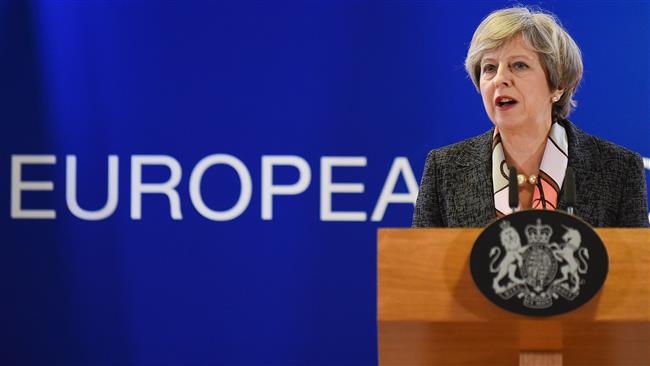



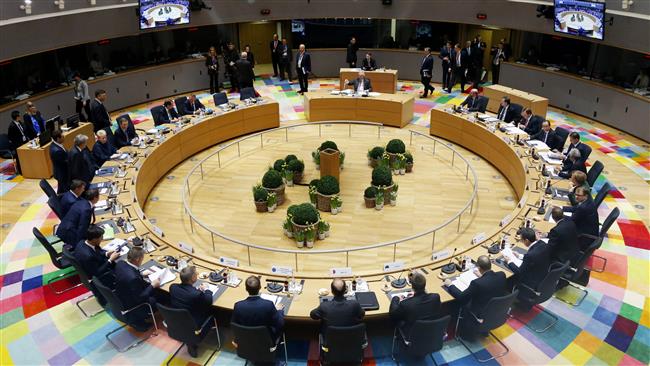
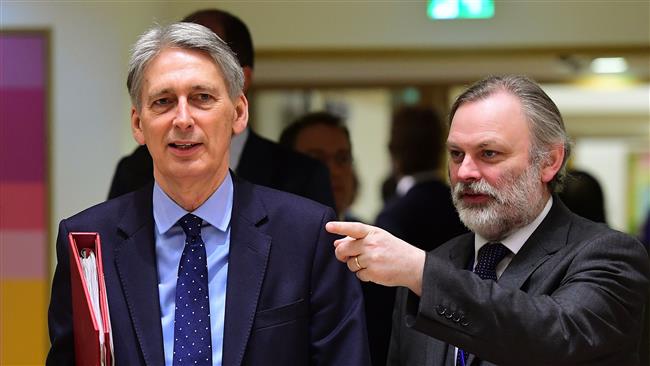
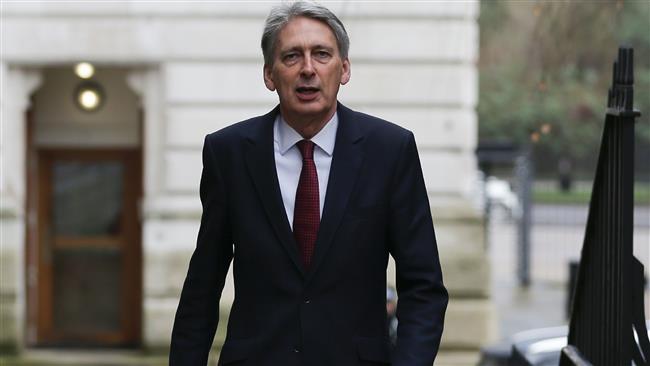
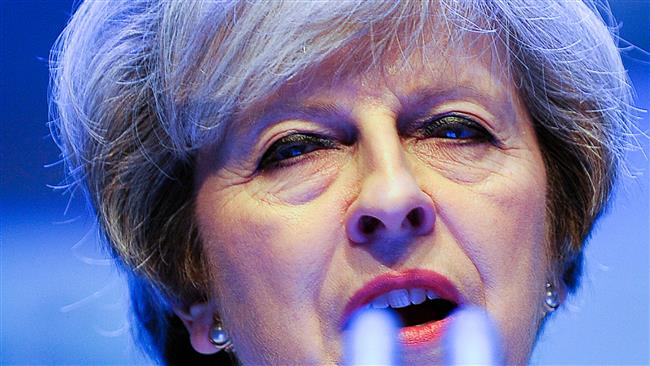
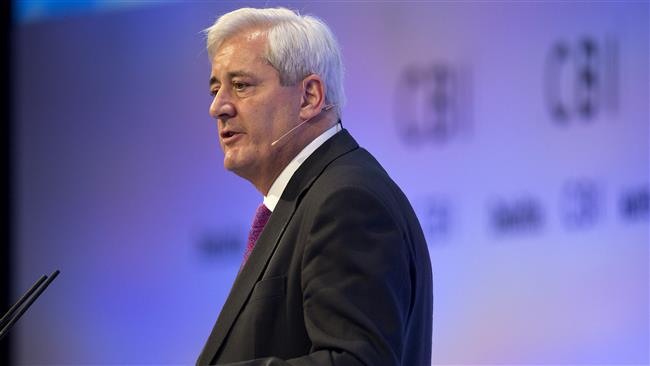
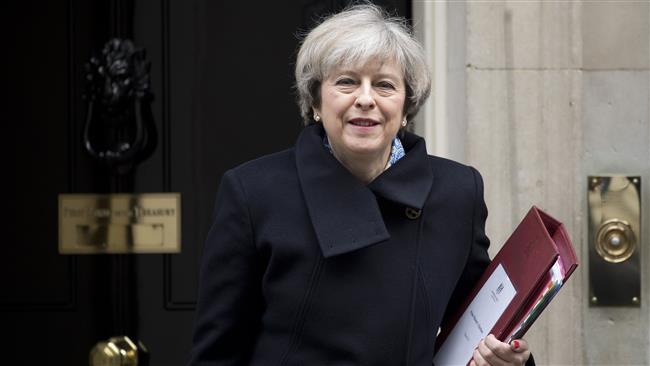

 This makes it easy to access the Press TV website
This makes it easy to access the Press TV website